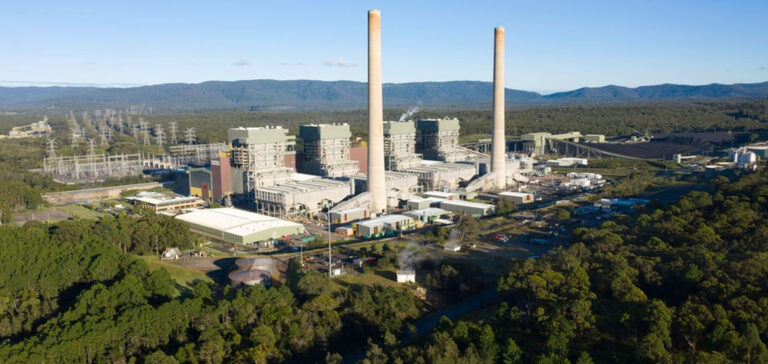At the Asian Climate Summit 2023, held in Japan in October, experts discussed a promising new approach to accelerating the energy transition: carbon transition credits. This initiative aims to finance the early retirement of coal-fired power plants, a crucial step towards achieving the objectives of the Paris Agreement.
The importance of political support
However, carbon transition credits are still at an early stage of development and face several implementation challenges. The experts identified three main obstacles to overcome.
The jurisdictional accreditation approach
The first major challenge lies in creating a complex framework for the implementation of carbon transition credits. This approach requires strict standards and regulations to guarantee the transparency and credibility of the credits issued. In addition, robust monitoring and verification mechanisms are essential to ensure system integrity.
Government cooperation is essential
The second challenge is to win the political support of governments. Companies are looking to eliminate coal from their portfolios faster than national carbon neutrality targets require. This creates a mismatch between corporate commitments and government policies, making it difficult to obtain approval from the authorities.
Carbon transition credits: a piece of the puzzle
Finally, the third major challenge is to set a carbon price high enough to encourage companies to invest in transition credits. The costs associated with the early retirement of coal-fired power plants can be considerable, and it is essential that the credit mechanism adequately covers these costs.
Hendrik Rosenthal, Group Sustainability Director at CLP Holdings, a power generation company, emphasized the importance of overcoming these challenges. He explained that CLP was committed to eliminating coal-based assets by 2040 to comply with the Paris Agreement, but that this could be difficult to achieve in some markets, such as China and India, where national carbon neutrality targets are set for 2060 and 2070 respectively.
Mary Grady, Executive Director of the American Carbon Registry, presented a jurisdictional accreditation approach for carbon transition credits. This approach would enable coal-fired power plant decommissioning requirements to be tailored to specific regions, taking into account regional and national policies, as well as local electricity demand.
John Lo, founder of ACI, a new carbon registry based in Singapore, stressed the importance of cooperation with governments to avoid integrity problems. He noted that government and bank financial incentives would be needed to facilitate the transition away from coal.
Finally, it is essential to recognize that carbon transition credits are only one piece of the puzzle in accelerating the energy transition. Other measures, such as support for renewable energies, the construction of energy storage infrastructure and support for workers laid off from coal-fired power plants, are also needed to meet carbon emission reduction targets.






















